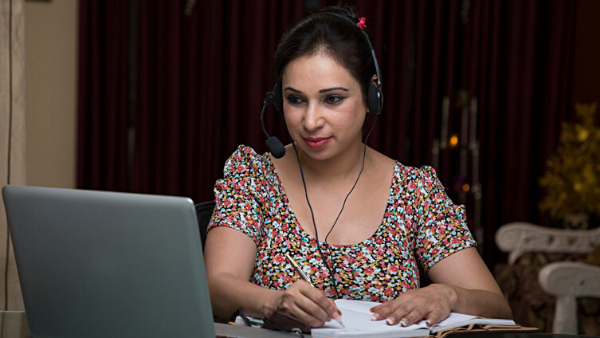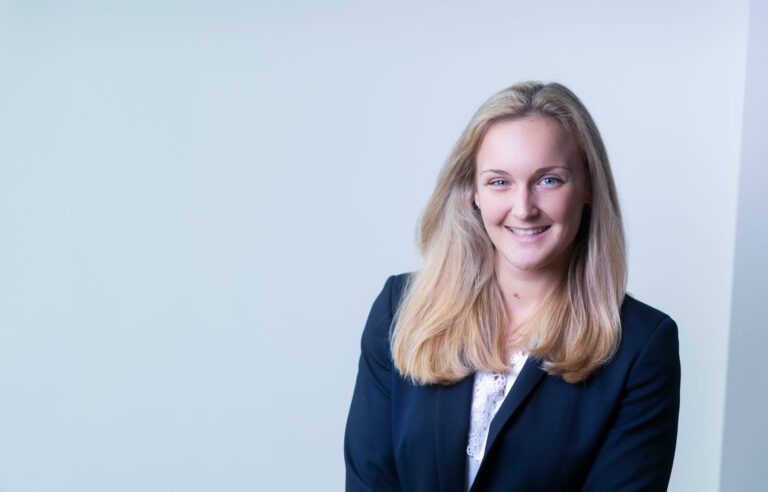Author
With the continuing threat of Coronavirus (COVID-19) reinforcing the need for social distancing, many schools are unable to hold meetings in their usual manner. Although all non-essential contact must be avoided according to Public Health England guidelines, the Department for Education has given an update on school governance in which it has advised that governing bodies should continue to hold meetings virtually.
Are virtual meetings valid?
This ability to take decisions remotely will not be a new concept for many schools. For instance, under the School Governance (Roles, Procedures and Allowances) (England) Regulations 2013 governor meetings and committee meetings in maintained schools can take place by telephone or videoconference.
Additionally, article 126 of the model articles of association for academy trusts allow trustees to remotely attend meetings of the Trustees provided that they have given notice of their intention to attend virtually, that they have provided their contact details and that the trustees have access to the appropriate equipment. Nevertheless, each school should refer to their own articles of association to ensure this provision has not been removed or varied.
How can a school hold a virtual meeting?
During the Coronavirus lockdown that the UK is experiencing, the Chair of such meetings can directly contact governors to agree which form of technology will be used to hold the meeting. It is important to choose the correct communication channel for the meeting since faulty technology will make it harder or impossible to run.
Many teleconferencing and videoconferencing applications are currently being used by businesses for virtual meetings such as Lifesize, Zoom, GoToMeeting, WebEx, Skype and Microsoft Teams. These applications all have their strengths and weaknesses, therefore schools will need to decide which works best for them.
What should be considered before the meeting?
As already mentioned above, a platform to which all governors or trustees have access will need to be chosen. There may be situations where some participants have little or no internet connection. Here schools may need to make additional arrangements such as holding the meeting by teleconferencing.
Often videoconferencing will be chosen over teleconferencing as it will help the Chair moderate the meeting by being able to see everyone. Nevertheless, audio is more reliable than video and therefore may be less disruptive to the conduct of the meeting, especially where trustees or members are unfamiliar with the technology being used.
Whatever means of communication chosen should be circulated to all participants including the link and / or the dial in details for the meeting. Ideally this should be accompanied by a clear meeting agenda, joining instructions and conduct suggestions such as asking participants to mute themselves when they are not speaking so as to limit any microphone feedback, or asking participants to communicate queries via text to prevent everyone speaking at once.
Schools may wish to circulate a set of “ground rules” for participants to follow to enable the virtual meeting to flow as well as it can given the circumstances. ICSA has recently published guidance on virtual board meetings in which it lists, amongst others, the following ground rules for participants:
- put phones on silent mode so as to not disrupt the call;
- mute their microphone when they are not speaking;
- sit in a well-lit location when videoconferencing is being used;
- join the call with plenty of time;
- where possible, sit in a quiet area to help limit interruptions; and
- ensure all technical devices being used for the meeting are charged or connected to a power source.
Ideally schools should test the chosen communication channel beforehand and should inform its IT support on when the meeting will be held so that assistance can be given if needed. The Chair should also have a list of those due to attend so that he can ensure everyone who needs to be at the meeting is virtually present. Additionally, schools should have contingency plans in place to pre-empt the possibility that the Chair and / or Vice-chair become unavailable.
The Department for Education have stressed the need for schools to be pragmatic in their approach to virtual meetings, ensuring that they prioritise urgent, time-bound decisions and that they are proportionate in the decisions they take.
What should be considered during the meeting?
As with physical governor or committee meetings, absences and attendance should be recorded. Where someone is unable to attend, the Chair should ask them for their views and comments on what is being discussed at the meeting. Sadly, given the nature of the pandemic, some absent trustees or members may be unable to provide the Chair with such views and comments. Here schools may want to consider whether it would be appropriate and proportionate to wait until the absent individual is available.
A quorum must be met. For instance, in the event that a participant’s technology fails causing the meeting to become inquorate, the meeting should be adjourned and reconvened when everyone is able to be present.
Posting papers which are due to be considered at the meeting may not be an option given the urgency for self-isolation. Therefore schools may wish to circulate the documents in pdf form by email or, where possible, to share documents on screen using one of the virtual meeting applications mentioned above.
To make meetings more manageable, Chairs should take measures such as shortening the meeting and inviting individuals to speak or ask questions at certain times to prevent participants talking over one another. Furthermore, Chairs should ensure that the means of technology used is noted in the minutes.
What should be considered after the meeting?
Since there is no telling how long Coronavirus (COVID-19) will cause disruption to our everyday lives, schools should ask for feedback following the meeting so that they can take any necessary steps, such as updating the ground rules, to improve the next meeting.
If you would like to discuss any of the issues raised in this article, or have other concerns about the impact of Coronavirus, please contact: Hollie Suddards (by email or by phone on 020 7659 4631), in Michelmores’ Education team.
CORONAVIRUS STOP PRESS – Click here to keep up-to-date with all of our latest articles.
This article is for information purposes only and is not a substitute for legal advice and should not be relied upon as such. Please contact our specialist lawyers to discuss any issues you are facing.

